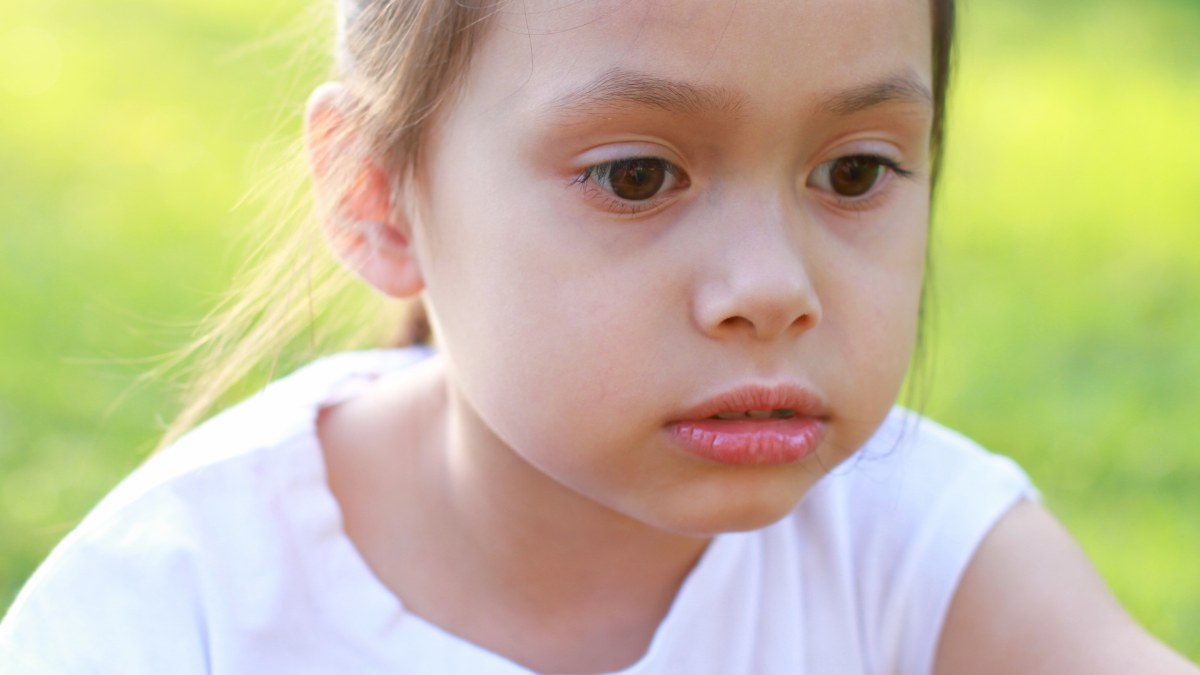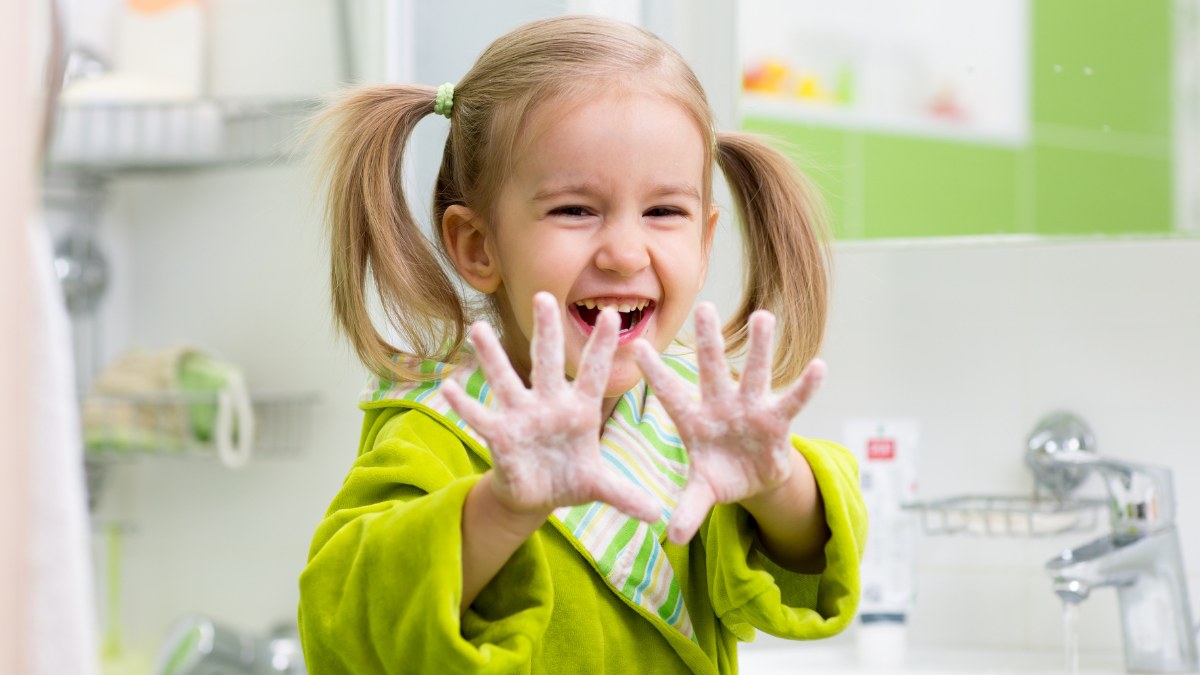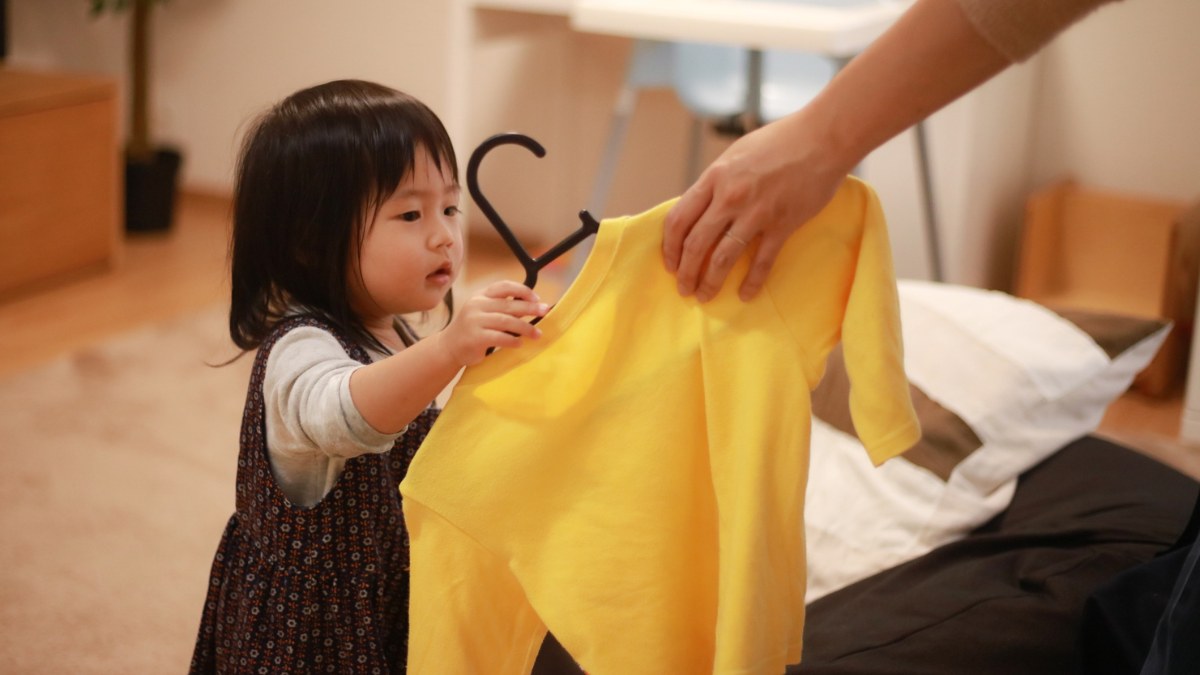Autism Smell Sensitivity: Managing Overwhelming Odors
Autism smell sensitivity can make everyday scents overwhelming. Discover practical tips to manage strong odors and create a more comfortable environment.

Autism Smell Sensitivity: Managing Overwhelming Odors
Key Points:
- Children with autism often experience smell sensitivity, which can cause strong emotional or physical reactions to common odors.
- Managing olfactory sensitivities involves a blend of avoidance, desensitization, and supportive strategies.
- ABA therapy can help children navigate sensory challenges through individualized interventions that target tolerance and coping.
For some children with autism, a trip to the grocery store, a visit to a relative’s home, or even sitting down for dinner can trigger intense reactions. The reason? Smell. More specifically—autism smell sensitivity.
This heightened sense of smell isn’t just a quirky trait—it’s a legitimate sensory processing difference that can deeply affect daily functioning. For some kids, the scent of lotion, cleaning products, food, or even other people can cause discomfort, anxiety, nausea, or meltdowns. If you're a parent navigating this daily storm of triggers, you’re not alone—and there are ways to help.
Let’s break down what causes this sensory challenge, how to manage it in practical terms, and how Applied Behavior Analysis (ABA) can support children in building tolerance and coping skills.
Understanding Autism and Smell Sensitivity
Autism spectrum disorder affects the way the brain processes sensory input. While every child is different, many experience sensory over-responsiveness—and smell is one of the most potent triggers.
Olfactory input is processed through the limbic system, the brain’s emotional center. That’s why certain smells can evoke powerful emotional or physical reactions. For a child with autism, this response can be even more intense.
Common signs of smell sensitivity in autistic children may include:
- Gagging, nausea, or vomiting in response to odors others barely notice
- Avoidance of specific places (kitchen, bathroom, school cafeteria)
- Emotional outbursts or shutdowns when exposed to certain scents
- Strong attachment or aversion to certain smells (e.g., detergents, perfumes)
- Covering the nose or complaining about smells that others don't detect
This isn’t just pickiness—it’s a valid and often distressing experience that deserves support and strategies.
Everyday Triggers: Where Smell Sensitivity Shows Up Most
Smell sensitivity can show up in unpredictable places and affect even the most routine parts of your child’s day. Here are some common environments and situations where olfactory overload may occur—and what to be aware of.
1. Home:
- Cleaning supplies, air fresheners, scented candles, and cooking odors can be overwhelming.
- Family members' personal care products—like lotion, deodorant, and shampoo—may trigger discomfort.
2. School or Daycare:
- Cafeteria food smells, other children’s lunches, cleaning chemicals, or even the scent of crayons or markers can set off a reaction.
3. Public Places:
- Grocery stores with produce, meat, and floral sections
- Public restrooms with industrial cleaners or strong deodorizers
- Doctors’ offices, hair salons, or stores with perfume counters
Understanding the most common olfactory hotspots can help parents better prepare and problem-solve.
5 Practical Strategies to Manage Smell Sensitivity
When smell sensitivity impacts daily life, you need more than vague suggestions. Let’s get specific. Here are tried-and-tested approaches to reduce distress and build resilience. While every child is unique, many of these strategies can be customized to fit your family’s routine.
1. Create a “Safe Smell Zone” at Home
Designate a room or small area in your home that’s free from strong scents. Use unscented laundry detergent and cleaning products, and avoid fragrances in lotions, shampoos, or soaps. Give your child a place to reset.
2. Use Smell Blockers
Help your child tolerate challenging environments by using:
- Face masks: Not just for illness—masks can block or reduce exposure to odors.
- Essential oil rollers or scented cotton balls: Let your child carry a scent they find comforting (like vanilla or peppermint) to mask unpleasant smells.
- Nasal balm or menthol rub: Dabbed just under the nose, these can help dull external odors.

3. Desensitization Through Exposure
This method requires care, consistency, and patience. The idea is to gradually introduce your child to a non-preferred scent in tiny, controlled doses. You might start by exposing them to a sealed container of a scent and then slowly increase exposure.
Working with a Board Certified Behavior Analyst (BCBA), like those from Supportive Care ABA, ensures desensitization is handled safely, positively, and with measurable goals.
4. Plan and Prepare
Before going to places where smells might be overwhelming, try:
- Talking your child through what to expect
- Visiting during low-traffic hours
- Bringing their preferred scent to hold onto
- Planning an exit strategy just in case
5. Use Visual Supports
Pictures or visual schedules can help your child prepare for smelly environments. Include visuals for “smell break” or “use mask” as part of their communication toolkit.
Teaching Coping Skills: What Your Child Can Learn
Avoidance alone isn’t enough. Over time, children need support in learning how to cope with their sensory experiences—especially when total avoidance isn’t possible.
Before diving into the list below, it’s important to note: coping is a learned behavior. It doesn’t happen automatically—and for children with autism, it often needs to be taught explicitly, consistently, and positively.
Here are effective coping skills children can be taught with guidance and practice:
- Requesting a Break: Teach your child to recognize rising discomfort and ask for a break. This empowers them and helps prevent meltdowns. This can be verbal or visual (using a card or AAC device).
- Using Calming Techniques: Deep breathing, squeezing a fidget toy, or using grounding techniques like touching a cold object or counting steps can redirect focus away from the odor.
- Replacing Negative Self-Talk: Help your child move from “This smell is going to ruin everything” to “It’s strong, but I can handle this for 5 more minutes.” This may require modeling and coaching over time.
- Labeling Emotions: The ability to say “I feel sick” or “That smell makes me dizzy” gives your child a tool to advocate for themselves—essential for emotional regulation and self-awareness.
ABA therapy is often instrumental in teaching these coping behaviors by breaking them down into small, manageable steps and reinforcing success in real-world settings.

How ABA Therapy Helps with Sensory Challenges
Applied Behavior Analysis (ABA) isn’t just about behavior reduction—it’s about building skills. For children with autism smell sensitivity, ABA can be a game-changer in helping them manage distress and develop meaningful, usable coping strategies.
At Supportive Care ABA, BCBAs work with families to:
- Identify specific odor triggers
- Use desensitization techniques with reinforcement
- Teach functional communication (e.g., how to request a break)
- Build tolerance gradually without overwhelming the child
- Reinforce calm, appropriate responses to sensory input
Parents are also coached on how to carry over strategies at home, making ABA a collaborative and empowering experience.
Final Thoughts: You’re Not Alone in This
Navigating autism smell sensitivity can feel like an invisible battle. What others brush off, your child feels deeply—and that can make everyday life harder than it should be.
But progress is possible. Whether it’s creating smell-free zones, teaching your child how to request a break, or building resilience through gradual exposure, there are ways forward.
And you don’t have to do it alone. At Supportive Care ABA, we specialize in helping children work through sensory challenges using evidence-based strategies tailored to their individual needs.
If you’re looking for ABA therapy in Oklahoma, Virginia, Georgia, Indiana, or North Carolina, reach out today to learn how we can support your child’s sensory needs and overall development. With the right guidance, children can learn to navigate overwhelming odors—and thrive.







.jpg)
.jpg)


%20(1).jpg)
.jpg)

